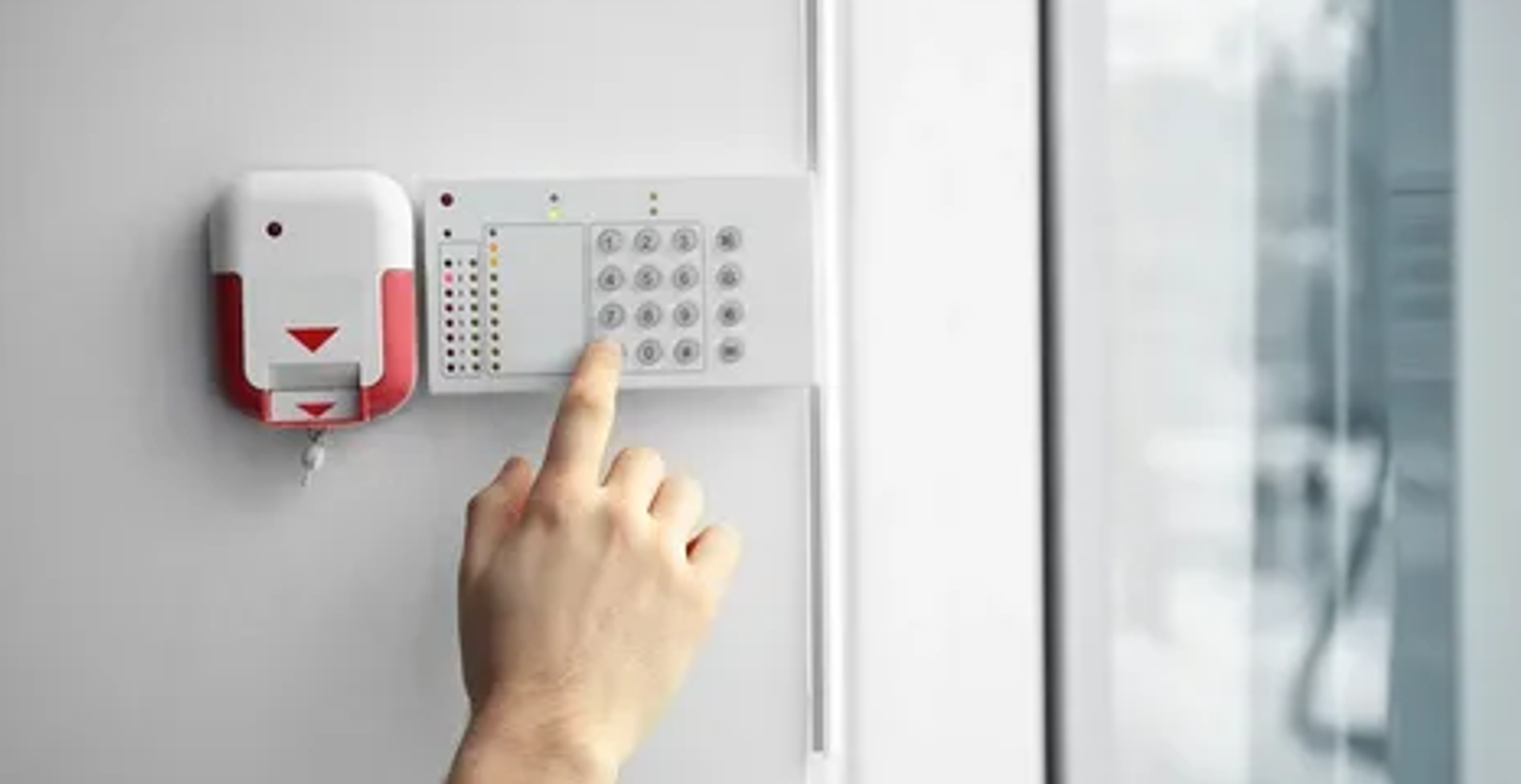The Benefits of Smart Fire Alarms in Modern Homes

Image Source: Yandex.com In an era where technology continually reshapes our daily lives, smart home devices have become more than just a trend—they are essential for enhancing our safety and convenience. Among these innovations, smart fire alarms stand out as a significant advancement in home safety. Unlike traditional fire alarms, smart fire alarms offer a range of benefits that make them a valuable addition to modern homes. For instance, integrating these devices with your Fire Alarm Compliance Certificate can ensure that your home meets the latest safety standards. In this blog, we'll explore why smart fire alarms are becoming increasingly popular and how they can enhance the safety and convenience of your home.
Enhanced Detection Capabilities
One of the primary advantages of smart fire alarms is their enhanced detection capabilities. Traditional fire alarms typically use ionization or photoelectric sensors to detect smoke and fire. While these sensors are effective, they might not always provide timely warnings in certain scenarios. Smart fire alarms, however, integrate advanced sensing technologies that can detect a broader range of fire-related indicators, including changes in temperature and the presence of carbon monoxide.
By using multiple types of sensors and advanced algorithms, smart fire alarms can distinguish between different types of smoke, such as that from a cooking fire versus a more dangerous house fire. This reduces the likelihood of false alarms and ensures that you receive accurate warnings when they are most needed.
Real-Time Alerts and Notifications
Another significant benefit of smart fire alarms is their ability to provide real-time alerts and notifications. Unlike traditional alarms that only sound a siren, smart fire alarms are connected to your home's Wi-Fi network, allowing them to send notifications directly to your smartphone or other connected devices. This feature is especially valuable if you are away from home or if the alarm goes off while you are asleep.
With real-time alerts, you can quickly assess the situation and take appropriate action, whether that means calling emergency services or contacting someone to check on your home. This added layer of connectivity ensures that you are always informed about the status of your home’s safety.
Integration with Smart Home Systems
Smart fire alarms are designed to integrate seamlessly with other smart home systems. This integration allows them to work in harmony with other smart devices, such as smart lights, thermostats, and security systems. For example, when a smart fire alarm detects smoke or fire, it can trigger smart lights to turn on, guiding you to safety in the dark. Similarly, it can adjust your thermostat to prevent the spread of smoke or fire.
This level of integration enhances the overall safety and efficiency of your home, making it easier to manage various aspects of your home’s security and comfort from a single interface. The ability to control and monitor all these devices from one app simplifies your life and ensures that your home remains secure.
Improved Reliability and Maintenance
Smart fire alarms also offer improved reliability and ease of maintenance compared to their traditional counterparts. Many smart fire alarms are equipped with self-diagnostic features that continuously monitor their functionality. These alarms can alert you if there is a problem with the device, such as a low battery or a malfunction, ensuring that your fire alarm system remains operational.
Additionally, some smart fire alarms come with built-in battery backup systems that provide reliable operation during power outages. This means that even if there is a power failure, your smart fire alarm will continue to function, providing crucial protection when you need it most.
Easy Installation and Customization
Installing smart fire alarms is often a straightforward process, especially with the help of modern mounting solutions and user-friendly apps. Many smart fire alarms are designed to be easily installed by homeowners without the need for professional assistance. Once installed, these alarms can be customized to suit your specific needs.
You can adjust the settings to fit your home’s layout, configure different alert tones for various types of emergencies, and even set up specific zones for monitoring. This level of customization ensures that the fire alarm system works effectively for your unique living environment and provides optimal protection.
Long-Term Cost Savings
While the initial investment in smart fire alarms may be higher than traditional models, the long-term cost savings can be substantial. Smart fire alarms often come with features that can help prevent costly damage to your home. For instance, by reducing false alarms and providing early warnings, smart fire alarms can minimize the risk of unnecessary fire department visits and the associated costs.
Additionally, the improved reliability and maintenance features of smart fire alarms can help avoid costly repairs or replacements in the future. Over time, the benefits of having a smart fire alarm system can outweigh the initial costs, making it a wise investment in your home’s safety.
Conclusion
Smart fire alarms represent a significant leap forward in home safety technology. Their advanced detection capabilities, real-time alerts, seamless integration with other smart home systems, and improved reliability make them a valuable addition to any modern home. By investing in smart fire alarms, you can enhance your home’s safety, enjoy greater peace of mind, and benefit from long-term cost savings.
As technology continues to evolve, the importance of incorporating smart devices into our homes becomes increasingly clear. Smart fire alarms not only provide a higher level of protection but also offer convenience and reliability that traditional alarms simply cannot match. For homeowners looking to upgrade their fire safety systems, smart fire alarms are an investment that brings both immediate and long-term benefits. Additionally, considering a thorough safety check from companies like EICR Cert can further ensure your home’s compliance with safety standards. If you want to stay updated with posts like this, please follow us on Yuval Eizik Blog.